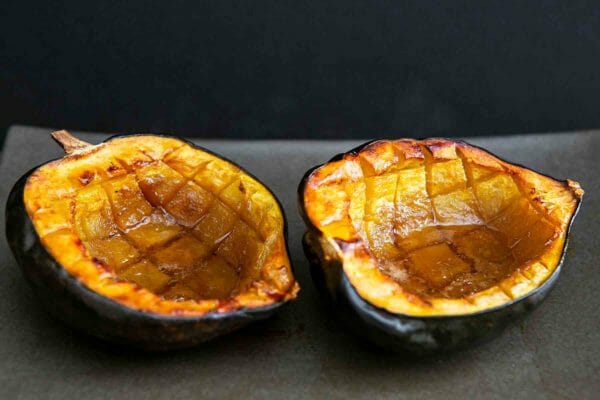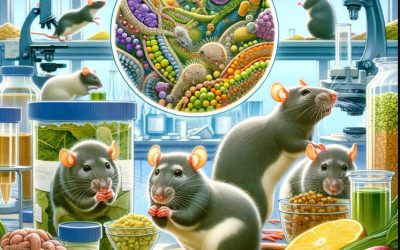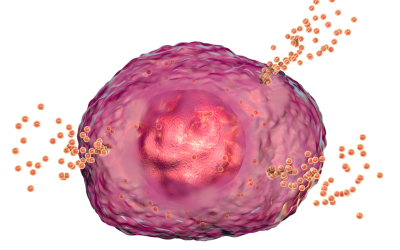This delicious side dish can be paired with anything. It is filling, nutritious and just plain old yummy! And very simple to prepare
Ingredients:
- 1 small or medium acorn squash, sliced in half with the seeds scooped out
- 1/4 c ghee, melted
- 1 tbsp coconut sugar
- Apple pie spice
Instructions:
- Preheat oven to 450
- Cut the acorn squash in half and scoop out the inside until it is clean
- Mix the coconut sugar and apple pie spice in the ghee until dissolved
- Drizzle the ghee mixtures inside the acorn squash until it is covered well with the mixtures
- Flip the sides upside down in a glass baking dish.
- Bake at 450 degrees for 30-45 minutes or until the acorn squash is soft but not mushy.
- Slice or scoop and enjoy !
Nutritional Information
Acorn squash is not just delicious, it is very good for you. Acorn squash is high in antioxidants which are great for fighting free radicals. They contain carotenoids that can help prevent different types of cancers, and beta-carotene which can be converted to vitamin A, an important nutrient for your immune system. Beta-carotene can also fight against oxidative stress caused by free radicals. And best of all, acorn squash can decrease inflammation and boost your immune system, because it has a good quantity of vitamin C. Vitamin C not only can support immunity, but it can also combat chronic inflammation. Vitamin C can also help promote great looking skin by boosting the production of collagen. As many of you know, many chronic diseases associated with autoimmunity and aging are due to inflammation. This is why foods like acorn squash are recommended on an anti-inflammatory diet. Acorn squash is rich in potassium, which is essential in maintaining optimal blood pressure levels.
Some of the nutrients in acorn squash include Vitamin C, potassium, manganese, thiamine, B6, magnesium, Vitamin A, iron, folate, niacin, calcium, phosphorus, and copper, to name a few! Make sure to use organic acorn squash since it can be susceptible to the absorption of pesticides.








